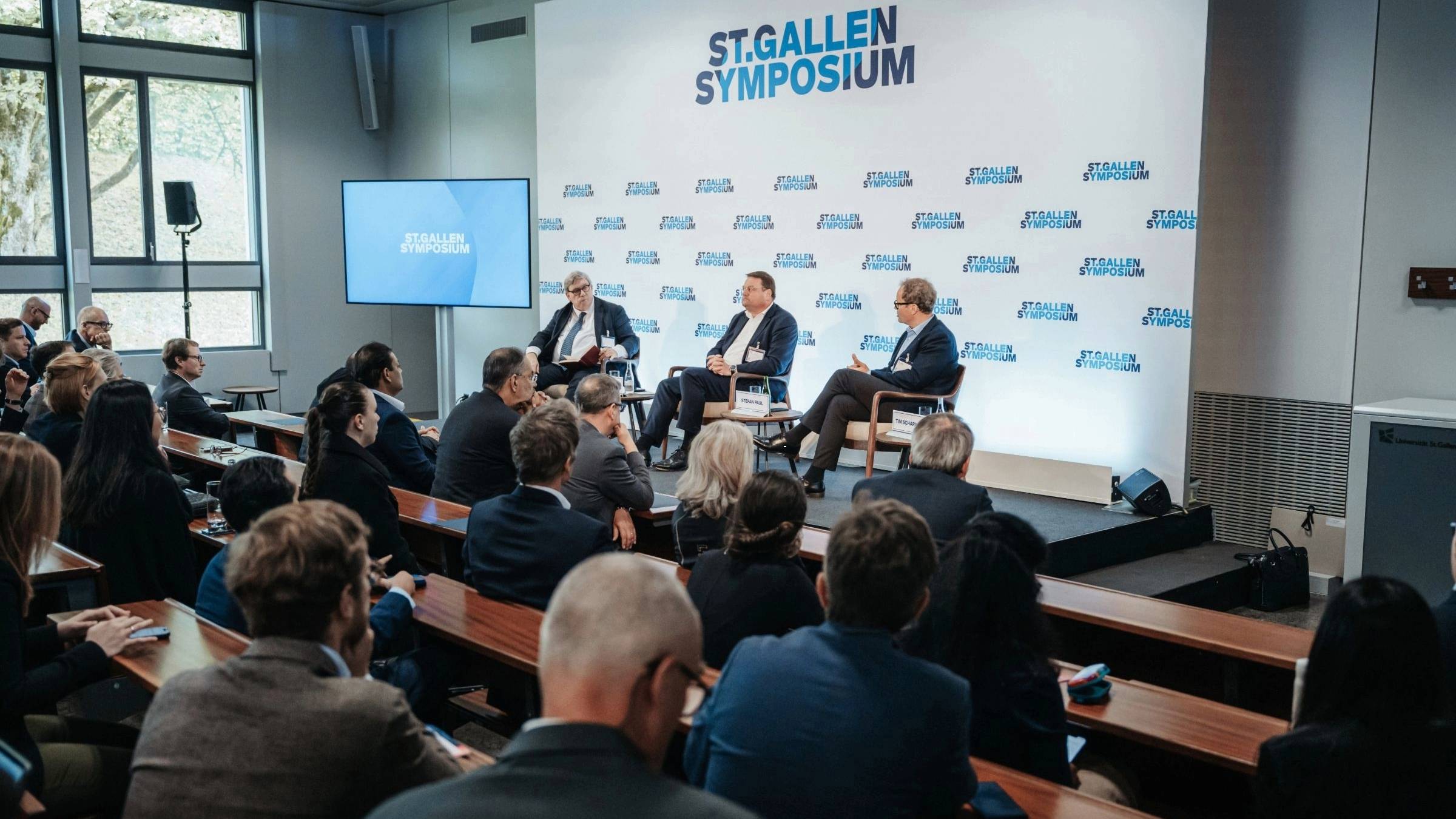Chanel 1.5°: A sustainability journey
In a short span of five or six years, CHANEL embraced CSR (corporate social responsibility) and ESG (environmental, social, governance) initiatives that stretched far beyond its established comfort zone of artistic direction and creative output. The progression of these initiatives culminated in March 2020, when the company launched CHANEL Mission 1.5°, a strategy for embarking on a decarbonization journey across the business as well as the value chain. In keeping with the timeframe of the United Nations Sustainable Development Goals (SDGs), the “1.5°” represented the commitment to help limit average global mean temperature increases to 1.5 degrees Celsius above pre-industrial levels. Entering the 2020s, Global CFO Philippe Blondiaux felt confident that CHANEL was primed to execute on its vision and usher in a “decade of delivery” in sustainability. The Group was about to transform every aspect of its business; help its partners do the same; innovate at every point in the value chain; and support change beyond its own operational footprint. Yet a host of challenges loomed on the road ahead: (1) Could an industrial group that was highly decentralized continue to spearhead initiatives and shape an integrated sustainability strategy? (2) In addition to creating a cultural glue and a shared sense of inspiration and purpose, could accountability trickle all the way down the organization with a worldwide workforce of nearly 28,000? (3) In the long term, was the company in a position to live up to the commitments it had encapsulated in the CHANEL Mission 1.5° document, and was there sufficient clarity on what the sustainability push would mean in the long run for CHANEL, as a luxury brand, as we know it?
- Apply a financial lens to sustainability and ESG objectives and metrics; explore the link between sustainability and accountability, the rise of a data-driven and knowledge-sharing culture, and the resulting organizational transformation, especially cascading sustainability objectives and purpose to a large, decentralized organization.
- Evaluate prospects of luxury fashion in 2050 – are sustainability efforts relevant? Are sustainability and growth compatible?
- For a luxury audience, discuss “purposeful luxury.”
2011 – 2021
Cranfield University
Wharley End Beds MK43 0JR, UK
Tel +44 (0)1234 750903
Email [email protected]
Harvard Business School Publishing
60 Harvard Way, Boston MA 02163, USA
Tel (800) 545-7685 Tel (617)-783-7600
Fax (617) 783-7666
Email [email protected]
NUCB Business School
1-3-1 Nishiki Naka
Nagoya Aichi, Japan 460-0003
Tel +81 52 20 38 111
Email [email protected]
IMD retains all proprietary interests in its case studies and notes. Without prior written permission, IMD cases and notes may not be reproduced, used, translated, included in books or other publications, distributed in any form or by any means, stored in a database or in other retrieval systems. For additional copyright information related to case studies, please contact Case Services.
Research Information & Knowledge Hub for additional information on IMD publications
Assortment optimization presents a complex challenge for retailers, as it depends on numerous decision factors. Changes in assortment can result in demand redistribution with multi-layered consequences. This complexity is even more pronounced for ...
Understanding conflict in family businesses is a complex but essential study area for practitioners and academics. To enhance theoretical precision and provide practical insights, this article presents a comprehensive framework of family business ...

Global trade faces tariff risks and supply chain strain. Freight leaders from DHL and Kuehne + Nagel share insights on navigating uncertainty and shortages.

CR Beer’s bold bet under CEO Hou Xiaohai reshaped the brand—shifting from mass-market to premium innovation and Baijiu diversification.

Discover the 6 key skills all Chief Diversity Officers must have to lead DE&I strategy, drive business results, and create lasting organizational change.

Apple’s ‘Evil Steve’ test sets the standard for digital persuasion ethics in today’s AI and data-driven world.
The headlines swirl around us: Generative A.I. (GenAI) is here, poised to revolutionize industries, automate countless tasks and, according to the most dramatic predictions, render many human jobs obsolete. This narrative understandably breeds anx...
Sustainable corporate change is a challenging feat to pull off. Julia Binder examines the barriers and drivers of change to increase your chances of success.

Letting go to grow. Coaching empowered his entrepreneurship journey, transforming stress into sustainable leadership and more empowered leadership.

Increasingly, employers are supporting neurodiversity with employees and unlocking potential through recognizing the benefits that neurodivergent talent offers.
in European Journal of Operational Research August 2025, vol. 324, no. 3, pp. 799-813, https://doi.org/10.1016/j.ejor.2025.01.035
Research Information & Knowledge Hub for additional information on IMD publications
in Journal of Family Business Strategy June 2025, vol. 16, no. 2, 100660, https://doi.org/10.1016/j.jfbs.2025.100660
Research Information & Knowledge Hub for additional information on IMD publications
Research Information & Knowledge Hub for additional information on IMD publications
Research Information & Knowledge Hub for additional information on IMD publications
in I by IMD
Research Information & Knowledge Hub for additional information on IMD publications
in I by IMD
Research Information & Knowledge Hub for additional information on IMD publications
Research Information & Knowledge Hub for additional information on IMD publications
Research Information & Knowledge Hub for additional information on IMD publications
in I by IMD
Research Information & Knowledge Hub for additional information on IMD publications
in I by IMD
Research Information & Knowledge Hub for additional information on IMD publications

